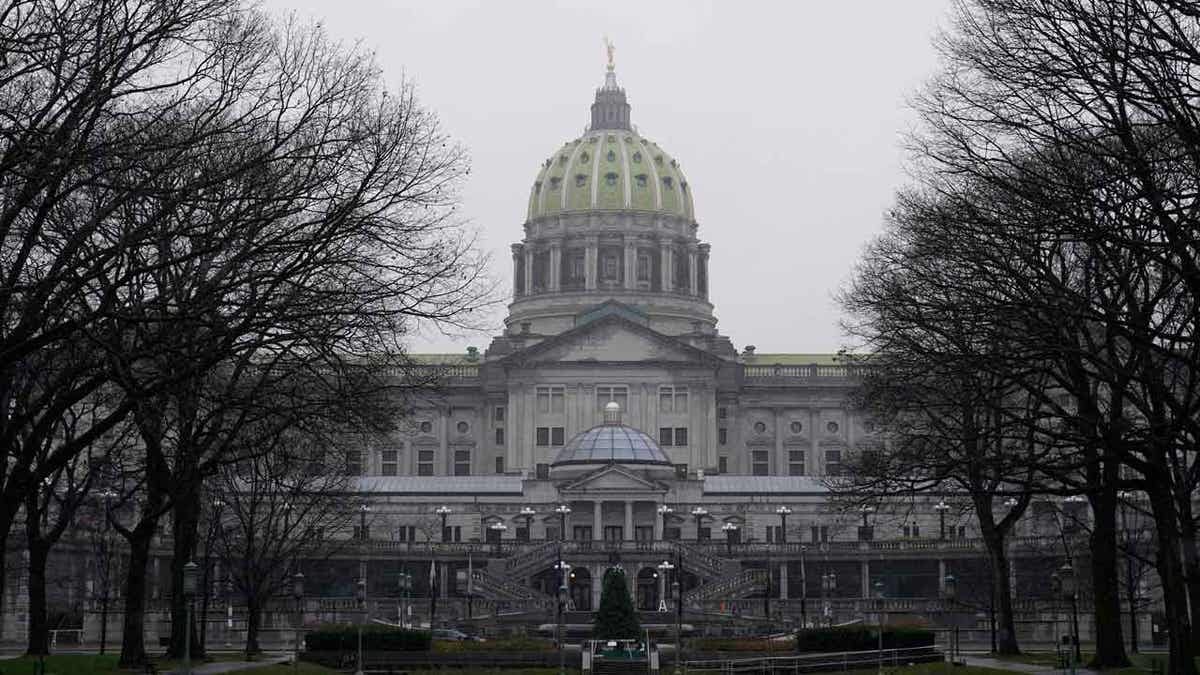The Pennsylvania House of Representatives, under Democratic control, recently approved legislation to gradually increase the state's minimum wage to $15 per hour by 2026. This fulfills a long-standing Democratic goal, but the bill's prospects in the Republican-led Senate remain unclear.
The vote was close, with the measure passing 103-100. Nearly all Democrats voted in favor, joined by two Republicans. However, with the Senate controlled by the Republican party and budget negotiations looming, the bill's fate hangs in the balance.
Pennsylvania's minimum wage is currently $7.25, matching the federal minimum, and has not been raised since 2009. The proposed legislation would incrementally increase the wage to $11 in the first year, then to $13 in 2025, and finally to $15 in 2026. Future adjustments would be tied to inflation, a practice adopted by 15 other states. The tipped minimum wage would also rise to 60% of the standard minimum wage, a significant increase from the current $2.83 per hour.
This action comes after Democrats gained a narrow one-seat majority in the House after 12 years. Raising the minimum wage has been a key element of their platform for years, both at the state and national levels. Democratic Representative Justin Fleming highlighted its importance, noting the long period since the last increase.
He argued that raising the minimum wage would help retain workers within the state, benefiting local businesses. However, Republican lawmakers voiced concerns about the impact on small businesses and the potential for increased costs. Representative Kate Klunk, a Republican, expressed worry about the potential negative effects on local restaurants and their employees.

The Pennsylvania state Capitol. (AP Photo/Matt Slocum, File)
Even among some Democrats, there was a feeling that the proposed increase didn't go far enough. Representative Patty Kim, while supporting the bill, acknowledged that even a $15 minimum wage wouldn't fully address the challenges faced by working families.
Governor Josh Shapiro, a Democrat, has also called for a $15 minimum wage. His predecessor, Democratic Governor Tom Wolf, faced consistent Republican opposition to similar proposals during his eight years in office. Wolf did implement higher wage requirements for companies receiving state financial assistance or tax breaks, as well as for state contractors.
Thirty other states and Washington, D.C. have already implemented minimum wages above the federal level, including some with Republican leadership. All of Pennsylvania's neighboring states have also raised their minimum wages. In Ohio, however, the law includes exemptions for smaller businesses and younger workers.
With budget negotiations underway in Pennsylvania, the minimum wage bill could become a bargaining chip. Senate Majority Leader Joe Pittman, a Republican, has indicated a willingness to consider the bill but suggested that $15 might be too high. A previous attempt to raise the minimum wage in 2019, involving a compromise with Governor Wolf, was ultimately blocked by the Republican-controlled House.
Comments(0)
Top Comments